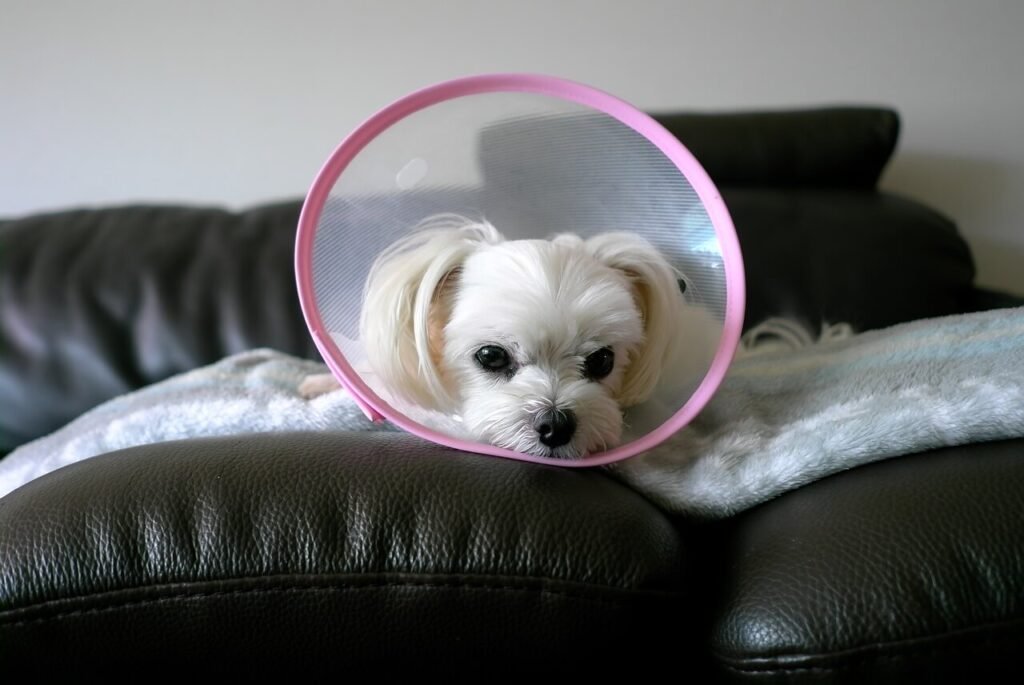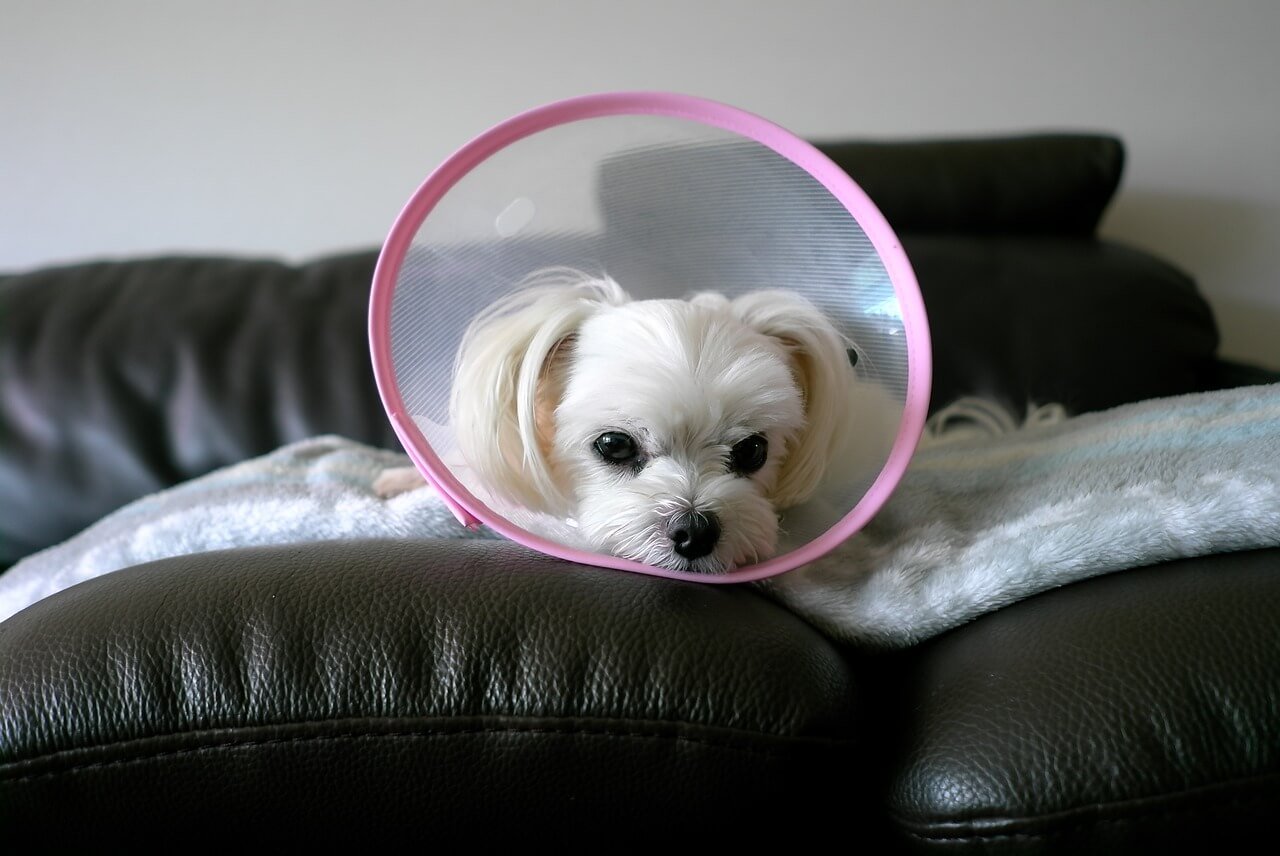Why Does My Dog Eat Rabbit Poop? Understanding This Puzzling Behavior
If you’ve ever caught your dog munching on rabbit poop during a walk or in your backyard, you’re not alone. Many dog owners are baffled by this behavior and often wonder if it’s normal, harmful, or something they should be worried about. While it may seem gross to us humans, there’s actually a lot of science and instinct behind why dogs engage in this peculiar habit. In this blog post, we’ll dive into the reasons behind this behavior, explore what it means for your furry friend, and discuss ways to manage or redirect it. By the end, you’ll have a clearer understanding of why your dog eats rabbit poop and how to handle it.
The Science Behind Coprophagia: Why Dogs Eat Poop
Coprophagia, or the act of eating feces, is more common in dogs than you might think. It’s a behavior rooted in both biology and psychology. Below are some key reasons why your dog might be drawn to rabbit poop:
Instinctual Behavior : Wild ancestors of domestic dogs often scavenged for food, including consuming the droppings of other animals, to survive in harsh environments.
Nutritional Deficiencies : If your dog isn’t getting enough nutrients from their regular diet, they may seek out alternative sources, such as rabbit poop, which can contain undigested nutrients.
Curiosity and Exploration : Dogs use their mouths to explore the world around them. Rabbit poop might simply smell or taste intriguing to them.
Boredom or Anxiety : Some dogs eat poop as a way to cope with stress, boredom, or anxiety. This behavior can become a habit if not addressed.
Mimicking Behavior : Puppies often learn behaviors from their mothers or other dogs. If one dog in the household starts eating poop, others might follow suit.
Understanding these factors can help you identify the root cause of your dog’s behavior. Whether it’s driven by instinct, curiosity, or an underlying issue, there are steps you can take to address it effectively.
Is Eating Rabbit Poop Harmful to Your Dog? Key Considerations
While eating rabbit poop isn’t always dangerous, it does come with certain risks that every dog owner should be aware of. Here’s a breakdown of potential concerns:
Parasites : Rabbit poop can harbor parasites like coccidia or tapeworms, which could infect your dog if ingested.
Bacteria : Feces may contain harmful bacteria such as E. coli or salmonella, posing a health risk to your pet.
Toxins : If rabbits have consumed plants treated with pesticides or herbicides, their droppings could be toxic to your dog.
Dietary Imbalance : Consuming non-food items like poop can disrupt your dog’s digestive system and lead to nutritional imbalances.
Behavioral Issues : If left unchecked, coprophagia can develop into a compulsive behavior that’s harder to correct over time.
While occasional nibbling might not harm your dog, it’s important to monitor their behavior and consult a vet if you notice any signs of illness. Preventive measures can go a long way in keeping your pup safe and healthy.
Check this guide 👉Why Did My Dog Eat Deer Poop? Best 7 Expert Tips!
Check this guide 👉Maggots in Dog Poop: Best 7 Expert Health Tips!
Check this guide 👉Understanding Grey Dog Poop: Best 7 Health Tips!

Potential Causes of Coprophagia | Ways to Address the Behavior |
|---|---|
Nutritional deficiencies | Provide a balanced, high-quality diet. |
Boredom or lack of stimulation | Engage your dog with toys and activities. |
Stress or anxiety | Create a calm environment and address triggers. |
Curiosity about scents | Redirect attention with treats or commands. |
Learned behavior from other dogs | Supervise interactions and discourage copying. |
How to Stop Your Dog from Eating Rabbit Poop: Practical Tips
Addressing this behavior requires patience, consistency, and a proactive approach. Here are some strategies to help curb your dog’s interest in rabbit poop:
Supervise Outdoor Time : Keep a close eye on your dog during walks or playtime to prevent access to rabbit droppings.
Clean Up Yards Regularly : Remove rabbit poop from your yard promptly to eliminate temptation.
Train with Commands : Teach your dog commands like “leave it” or “drop it” to reinforce good behavior.
Use Deterrent Sprays : Apply bitter-tasting sprays to areas where rabbit poop is found to discourage consumption.
Provide Mental Stimulation : Offer puzzle toys or interactive games to keep your dog mentally engaged and less likely to seek out poop.
With consistent training and environmental management, you can reduce or even eliminate this undesirable behavior. Remember, persistence is key!
When to Consult a Veterinarian: Signs It’s Time to Seek Help
Sometimes, eating rabbit poop can indicate an underlying health issue that requires professional attention. Here are signs that warrant a visit to the vet:
Frequent Episodes : If your dog consistently seeks out and consumes rabbit poop despite your efforts to stop them.
Weight Loss or Lethargy : These symptoms could signal a nutritional deficiency or internal parasite infection.
Vomiting or Diarrhea : Digestive upset after consuming rabbit poop may indicate bacterial or parasitic contamination.
Obsessive Behavior : If your dog seems fixated on eating feces and ignores distractions, it could be a sign of a behavioral disorder.
Unexplained Changes in Appetite : A sudden increase in hunger or interest in non-food items might point to metabolic issues.
A veterinarian can perform tests to rule out medical conditions and provide guidance tailored to your dog’s needs. Early intervention ensures your pet stays happy and healthy.
Environmental Factors That Encourage Coprophagia
While the instinct to eat rabbit poop can be innate, certain environmental factors might amplify this behavior. Addressing these triggers can help reduce your dog’s interest in feces. Here are some common environmental influences:
Access to Rabbit Habitats : If your yard or walking routes overlap with areas frequented by rabbits, your dog is more likely to encounter their droppings.
Lack of Supervision : Dogs left unsupervised outdoors have more opportunities to indulge in undesirable behaviors like eating poop.
Overgrown Lawns or Gardens : Tall grass or dense shrubs can hide rabbit droppings, making it harder for you to clean them up before your dog finds them.
Shared Spaces with Other Animals : Parks or communal areas where rabbits or other animals roam freely increase the chances of exposure to feces.
Seasonal Changes : During warmer months, rabbits may be more active, leading to an increase in available droppings.
By identifying and modifying these environmental factors, you can create a safer space for your dog and minimize temptation. A controlled environment is key to curbing unwanted behaviors.
Nutritional Strategies to Curb Coprophagia
Sometimes, dietary adjustments can play a significant role in reducing your dog’s interest in rabbit poop. Ensuring your dog receives all the nutrients they need can eliminate the urge to seek out alternative sources. Consider these nutritional strategies:
High-Quality Dog Food : Opt for premium dog food that provides complete and balanced nutrition to meet your pet’s needs.
Probiotic Supplements : Adding probiotics to your dog’s diet can improve gut health and reduce cravings for non-food items.
Enzyme Supplements : Digestive enzymes can help your dog break down food more efficiently, ensuring they absorb all necessary nutrients.
Increased Fiber Intake : Foods rich in fiber can promote fullness and reduce the likelihood of scavenging behavior.
Regular Feeding Schedule : Consistent meal times prevent hunger-driven scavenging and ensure your dog feels satisfied throughout the day.
A well-balanced diet not only supports your dog’s overall health but also reduces the appeal of rabbit poop. Consult your vet before making any major changes to your dog’s diet.
Training Techniques to Redirect Behavior
Training is one of the most effective ways to redirect your dog’s attention away from rabbit poop. Positive reinforcement techniques can teach your dog what is acceptable and what isn’t. Here are some training methods to try:
“Leave It” Command : Practice this command indoors with treats before applying it outdoors to real-life situations.
Reward-Based Training : Offer a treat or praise immediately after your dog ignores rabbit poop to reinforce good behavior.
Leash Control : Keep your dog on a short leash during walks to maintain control and quickly intervene if they show interest in droppings.
Distraction with Toys : Carry a favorite toy or ball to redirect your dog’s focus when they approach rabbit poop.
Consistency is Key : Reinforce training daily to ensure your dog understands the desired behavior over time.
With patience and consistency, training can help reshape your dog’s habits and encourage better decision-making. Remember, positive reinforcement builds trust and strengthens your bond with your pet.
FAQ
Is it normal for dogs to eat rabbit poop?
Yes, it’s relatively common and often stems from instinctual or exploratory behavior.
Can eating rabbit poop make my dog sick?
It depends. Rabbit poop itself isn’t highly toxic, but it can carry parasites or bacteria that may cause illness.
How can I prevent my dog from eating rabbit poop?
Supervise outdoor time, clean up droppings, train with commands, and provide mental stimulation.
Should I punish my dog for eating poop?
No, punishment can increase anxiety and worsen the behavior. Positive reinforcement is more effective.
What should I do if my dog eats rabbit poop frequently?
Consult a vet to rule out nutritional deficiencies or health issues and work on behavior modification techniques.
Final Thoughts: Navigating Your Dog’s Curious Habits
While it’s unsettling to witness your dog eating rabbit poop, rest assured that this behavior is usually manageable with the right approach. Understanding the reasons behind it—whether nutritional, instinctual, or behavioral—is the first step toward addressing the issue. By combining preventive measures, consistent training, and professional advice when needed, you can help your dog break this habit and ensure their well-being. Remember, patience and empathy are key; after all, our furry companions rely on us to guide them through life’s quirks and challenges. With love and care, you’ll foster a healthier, happier relationship with your four-legged friend.
Do Cats Have Taste Buds? Best 7 Expert Tips! – Discover how cats experience flavors and why their taste is so unique.
Do Dogs Have Taste Buds? Best 7 Expert Tips! – Discover how dogs experience taste, their preferences, and what it means for their diet and health.
Can Cats Taste Sweet? Best 7 Expert Tips! – Discover why cats can’t taste sweetness, how it affects their diet, and tips to keep them healthy and happy.
Can Dogs Taste Sweet? Best 7 Expert Tips! – Discover how dogs perceive sweetness, which foods are safe, and tips to manage their sweet cravings responsibly.





